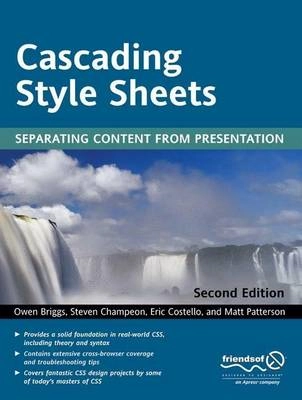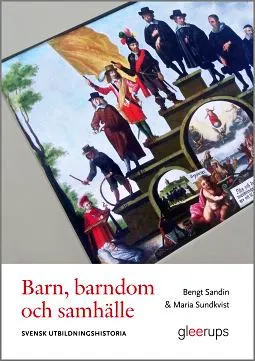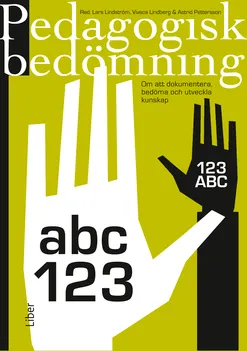This book is a focused guide to using Cascading Style Sheets (CSS) for the visual design of web pages. It provides concise coverage of all the essential CSS concepts developers need to learn (such as separating content from presentation, block and inline elements, inheritance and cascade, the box model, typography, etc). It also covers the syntax needed to effectively use CSS with your markup document (for example CSS rules, how to structure a style sheet, linking style sheets to your (X)HTML documents, CSS boxes etc).
CSS (Cascading Style Sheets) is a powerful technology that can be used to add style and structure to your web pages without needing to resort to 'hacks' such as HTML table layouts and 'spacer images'. However, this is not the only advantage over other styling methods. You can specify your CSS styles in a separate file, then apply those styles to every page in your web site. When you want to change a style on your site, you can do it by modifying one style sheet, rather having to update every page. This is only one example of the many advantages CSS brings to your web development work.
Ur innehållet:
Chapter 1 - Foundation Concepts
Chapter 2 - Overview of Presentation
Chapter 3 - Markup with Meaning
Chapter 4 - Fundamentals
Chapter 5 - Rules
Chapter 6 - Attaching CSS to Your Markup
Chapter 7 - Typography
Chapter 8 - Boxes, Boxes, Boxes
Chapter 9 - Styling Tables with CSS
Chapter 10 - Cross-Browser CSS
Chapter 11 - Troubleshooting
Chapter 12 -CSS Design Projects
Projects include:
Weblog - Dave Shea
Research Institute Site - John Simons
Buffalo Philharmonic Orchestra - Mike Switzer
Photo Gallery - Dan Rubin
Image Viewer - Mike Pick
Real Estate Portal - Cornelia Lange
Åtkomstkoder och digitalt tilläggsmaterial garanteras inte med begagnade böcker





















